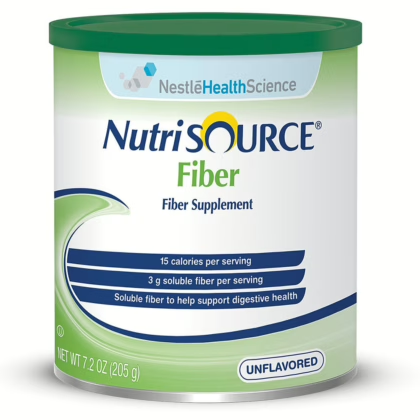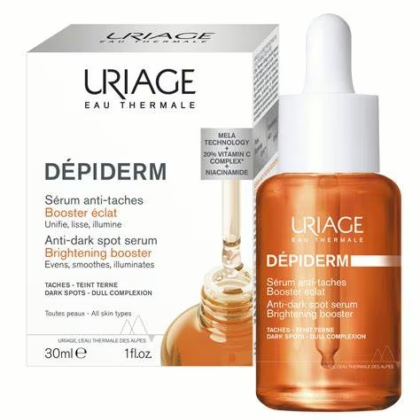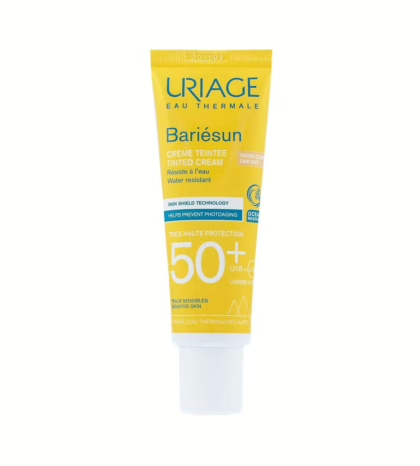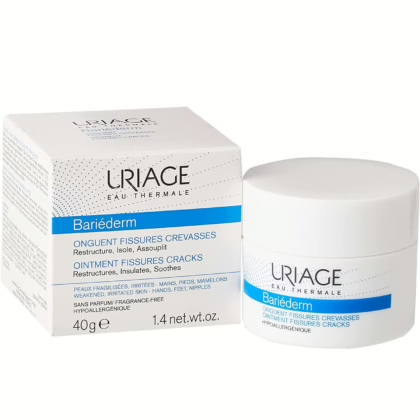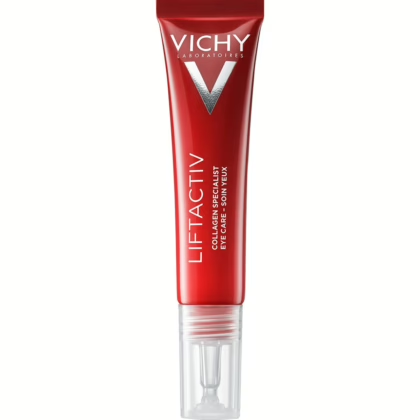
Healthy eating and following a well-balanced diet are important for maintaining good health and can help you feel healthy.
You must ensure that you follow a healthy and balanced diet that contains:
Try to cut back on foods and drinks high in fat, salt, and sugar.
A well-balanced diet provides you with:
Deficiencies of some key nutrients such as vitamins A, B, C, and E, zinc, iron, and selenium can weaken the immune system.
Always keep in mind that “your health is your wealth!”. So, let’s not forget to take care of ourselves and our loved ones. Eating healthy food is crucial to maintaining a strong immune system and keeping illnesses at bay. Stay healthy.


